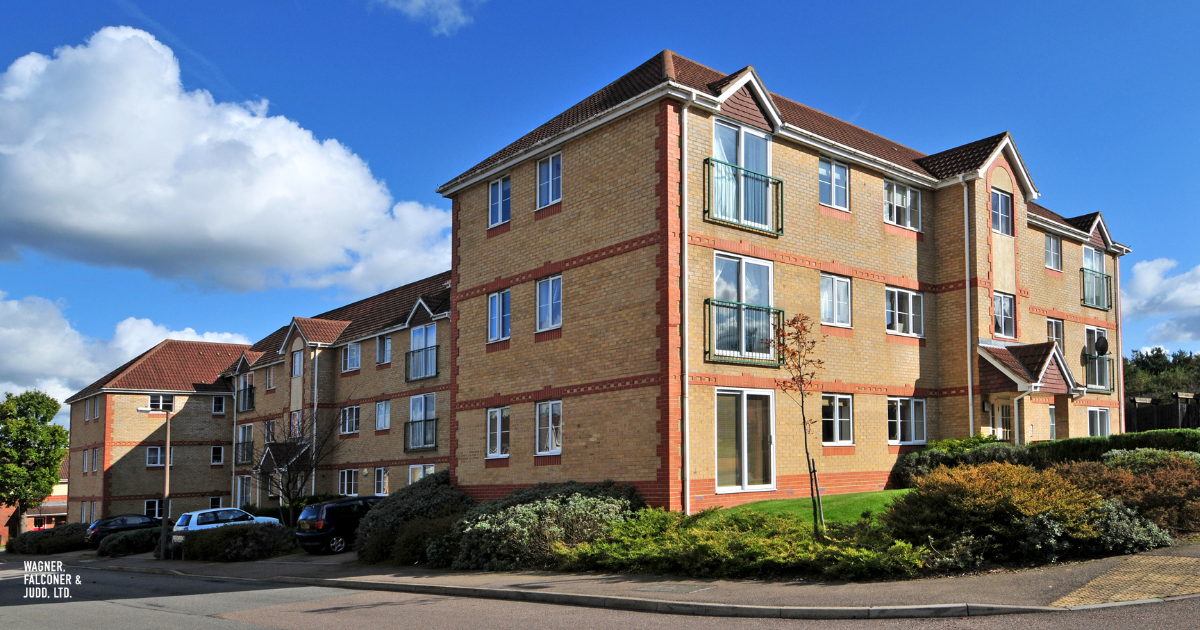From Lease to Lawsuit: What Landlords & Tenants Get Wrong About Their Rights
Landlord-tenant relationships are built on contracts, statutes, and local regulations. But many disputes start with simple misunderstandings. Whether you own a rental property or rent a home, misinformation can escalate a manageable issue into a legal conflict.
Below, we break down some of the most common myths we see on both sides-and what the law actually says.

Myth #1: “If there’s no written lease, there are no rules.”
False.
Even without a written lease a rental agreement can exist. Verbal agreements and month-to-month tenancies are still legally binding. State landlord-tenant laws govern notice requirements, habitability standards, rent increases, and eviction procedures-whether or not the agreement is on paper.
Why it matters: Assuming “nothing applies” often leads to improper notices, withheld rent, or premature move-outs.
Myth #2: “A landlord can enter the property anytime-they own it.”
False.
Ownership does not eliminate a tenant’s right to privacy. Most states require reasonable notice before entry, except in emergencies. Lease agreements often outline specific entry procedures.
Why it matters: Improper entry can expose landlords to liability and escalate tensions quickly.
Myth #3: “Tenants can withhold rent if repairs aren’t made.”
It depends.
Tenants generally have the right to habitable living space. However, simply stopping rent payments without following legal procedures can backfire. Many states require written notice and allow specific remedies (such as repair-and deduct or court involvement), but these must be handled carefully.
Why it matters: Withholding rent improperly can result in eviction, even if the repair issue was legitimate.
Myth #4: “A security deposit automatically covers any damage.”
False.
Security deposits typically cover:
- Unpaid rent
- Damage beyond normal wear and tear
- Lease violations (in some cases)
They do not cover routine aging, minor scuffs, or unexpected wear.
Why it matters: Improper deductions can result in penalties for landlords and disputes for tenants.
Myth #5: “If rent is late, eviction can happen immediately.”
False.
Eviction is a legal process-not a reaction. It requires:
- Proper written notice
- Statutory warning periods
- Court involvement
- A formal judgment
DIY evictions (like changing locks or shutting off utilities) are illegal in most jurisdictions.
Why it matters: Shortcuts in the eviction process often lead to larger legal problems.
Myth #6: “Everything is controlled by the lease.”
False.
A lease is powerful-but it cannot override state or local law. Provisions that contradict landlord-tenant statutes may be unenforceable.
For example:
- Waiving habitability rights
- Eliminating required notice periods
- Avoiding mandated disclosures
Why it matters: A well-drafted lease should align with current legal requirements, not attempt to bypass them.

Practical Steps for Landlords
- Review and update lease agreements regularly
- Document repairs, notices, and communications
- Understand local eviction timelines before acting
- Avoid informal “handshake” modifications without documentation
Practical Steps for Tenants
- Provide written notice for repair issues
- Keep copies of communications
- Understand your lease terms before withholding rent
- Seek guidance before escalating a dispute
How WFJ Can Help
Landlord-tenant disputes don’t have to become drawn-out legal battles. Whether you’re a property owner trying to protect your investment or a tenant working to protect your housing rights, having clear, practical legal guidance makes all the difference.
At Wagner, Falconer & Judd, we support both landlords and tenants with:
- Lease drafting and review
- Eviction and defense proceedings
- Security deposit disputes
- Habitability and repair issues
- Real estate transactions and related matters
Our approach is straightforward and solutions-focused. We help clients understand their rights, assess their options, and move forward strategically-whether that means preventing a dispute, resolving one efficiently, or protecting your interests in court.





